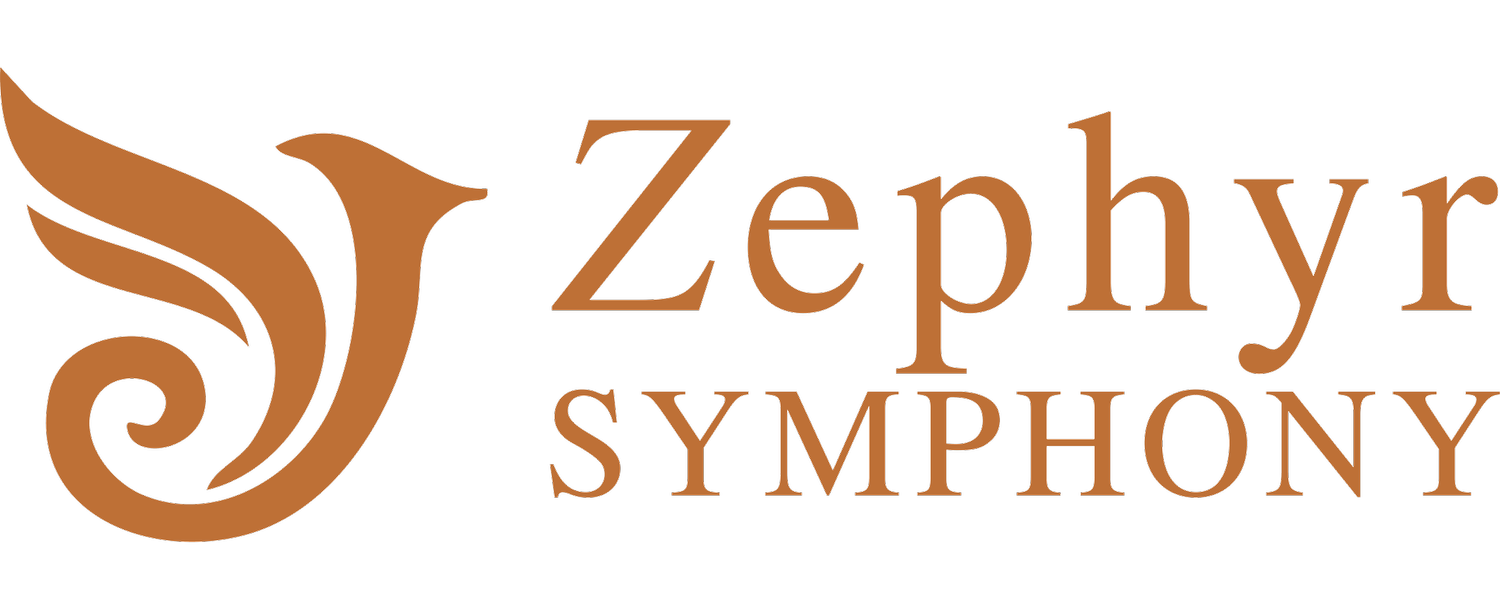
Spring
April 18, 2026 | 7:30 PM
St. Mark’s Lutheran Church, San Francisco
Franz Zhao
Gail Hernández Rosa
This program brings together three masterworks spanning the Baroque, Classical, and Romantic eras—each capturing a distinct facet of musical expression, and all brought to life by the Zephyr Symphony under the baton of Don Scott Carpenter.
We begin with Spring from The Four Seasons by Antonio Vivaldi. Performed tonight by violinist Gail Hernández Rosa, this iconic Baroque concerto paints a vivid musical portrait of nature’s renewal. From the joyful chirping of birds to gentle rains and rustic dances, Vivaldi’s score brims with color and imagination. Paired with its accompanying sonnet, Spring is both a celebration of the natural world and a showcase of the soloist’s virtuosity and nuance.
Next, we enter the elegant world of Mozart with his Piano Concerto No. 21 in C Major, K. 467. Pianist Franz Zhao joins the Zephyr Symphony for this luminous work, composed in 1785 at the height of Mozart’s creative powers. The outer movements sparkle with rhythmic clarity and symphonic brilliance, while the Andante—immortalized in film and adored for its serene, floating beauty—offers a transcendent moment of calm. Zhao’s sensitive interpretation reveals both the charm and emotional depth of this beloved concerto.
We conclude with Johannes Brahms’s Symphony No. 3 in F Major, Op. 90. Composed in 1883, this work is Brahms at his most personal—concise, lyrical, and quietly heroic. The opening motto—F–A–F, “Frei aber froh” (“Free but happy”)—sets the tone for a symphony that blends Romantic passion with Classical restraint. The Zephyr Symphony navigates the sweeping gestures and subtle transitions with warmth and refinement, culminating in a rare symphonic ending: one that whispers closure instead of thundering triumph.
Together, these works offer a rich spectrum of emotion and craft, illuminating the enduring power of orchestral music across centuries.
Franz Zhao, piano
Gail Hernández Rosa, violin
Zephyr Symphony
Don Scott Carpenter, conductor
Brahms | Symphony No. 3 in F Major
Mozart | Piano Concerto No. 21 in C Major
Vivaldi | Spring from Four Seasons


